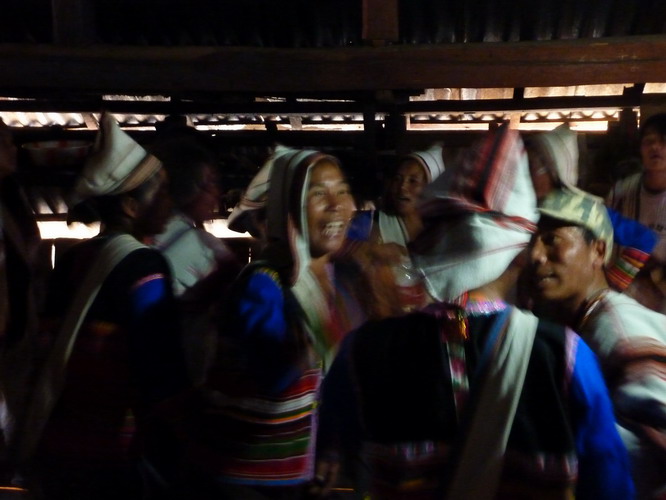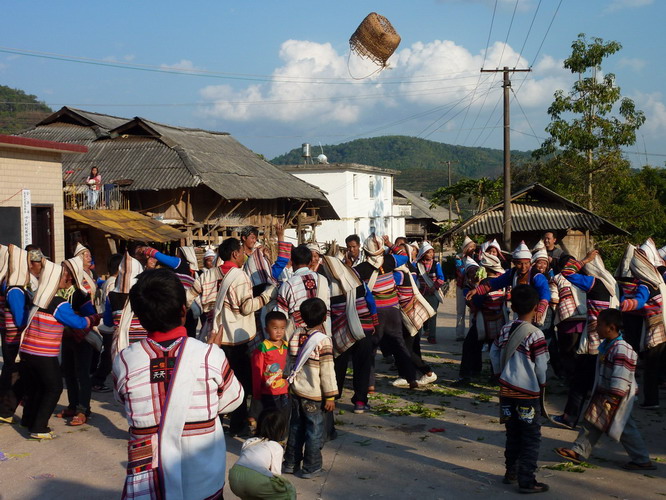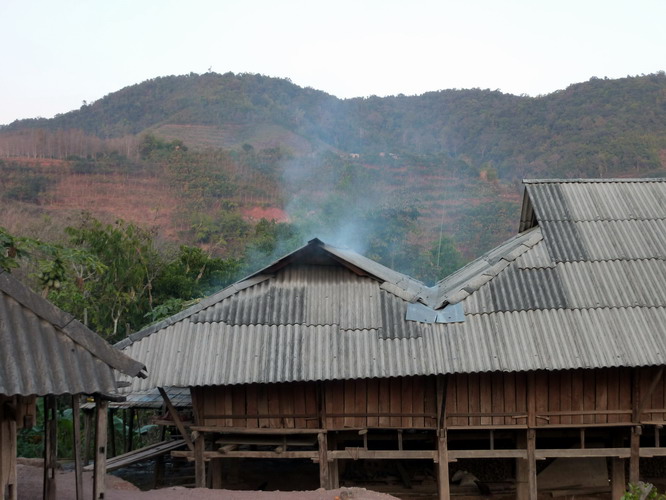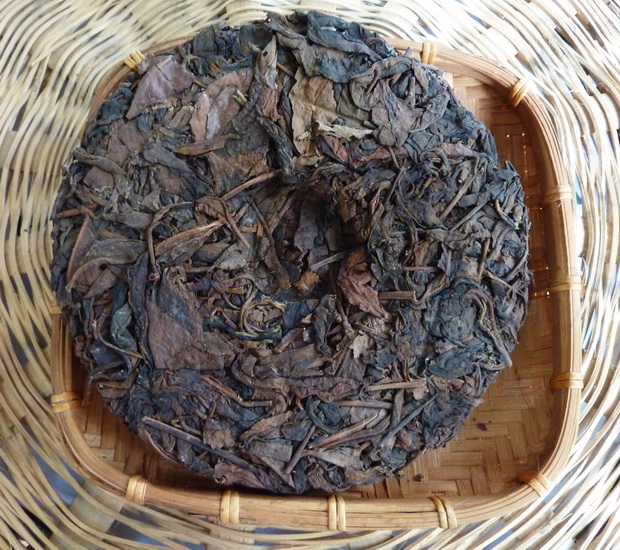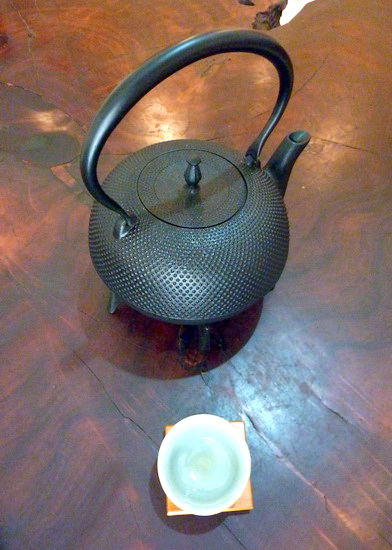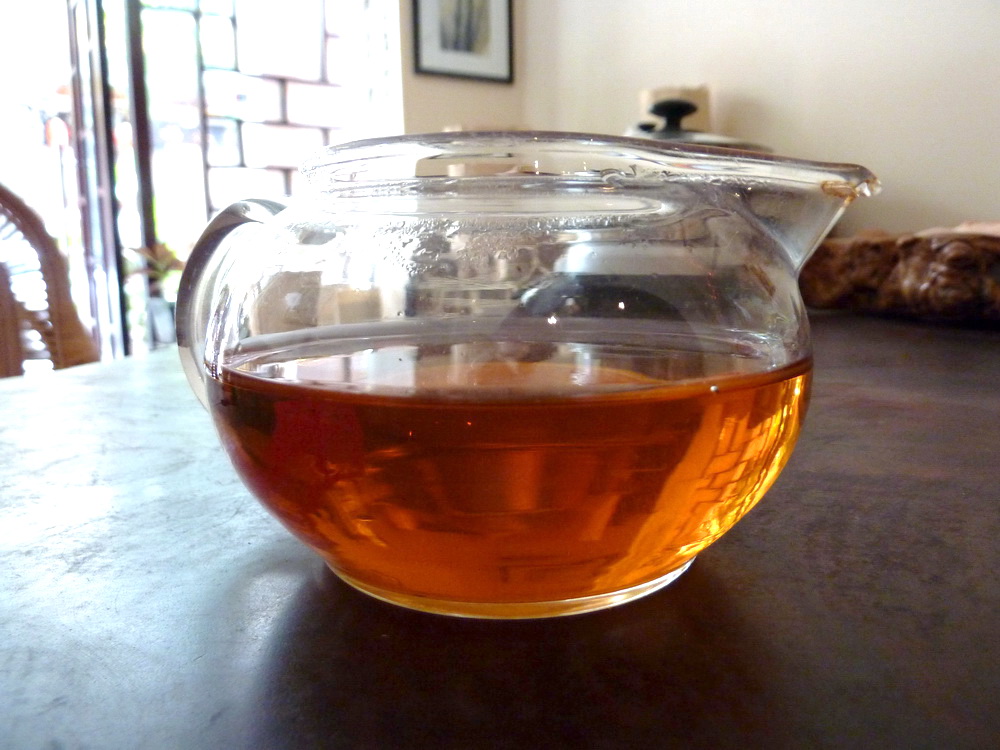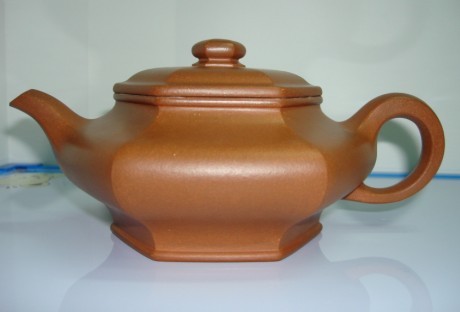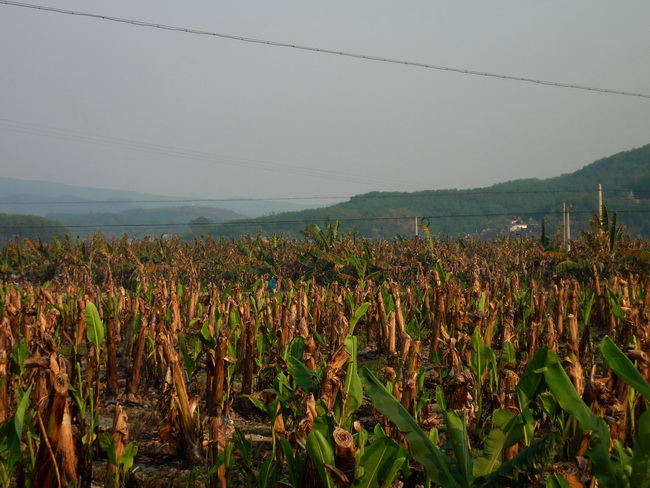Xishuangbanna does not have a particularly strong Han Chinese culture, nonetheless, during this season, many different ethnic groups celebrate their own new year ; Aini, Jinuo, Han, all have celebrations.
This last week has been the Jinuo New Year – several days of celebrations, for which cows and pigs are slaughtered and shared out amongst the households of the village. Much is also given away to guests.
Yesterday I went with friends to Jinuo Shan. We were invited to a friends house to eat. This was followed by dancing.
A group of dancers, accompanied by others playing cymbals and makeshift drums, go round the entire village, enter each house to dance and drink bai jiu and finish in the village square to continue the celebrations.
A basket of greens was tossed in the air above everyone’s heads, while the drinking and dancing continued.
In these situations, avoiding being more or less forced to drink home-made maize liquor takes great determination and – as far as the hosts are concerned – a degree of insensitivity to their cultural norms. However, Jinuo people tend not to be as persistent as some other cultures in this matter.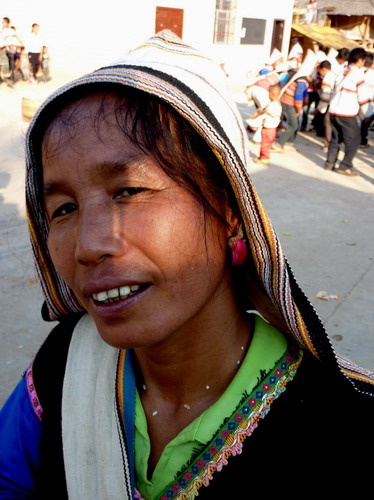
All Jinuo people will wear some form of traditional dress for this kind of occasion; typically a jacket and a bag. Only the woman wear hats. The clothing is made using cotton that people have woven themselves, though the Jinuo likely never grew much cotton themselves, and although they apparently traditionally dyed cloth themselves using local plant dyes, it seems that this too is seldom practiced now.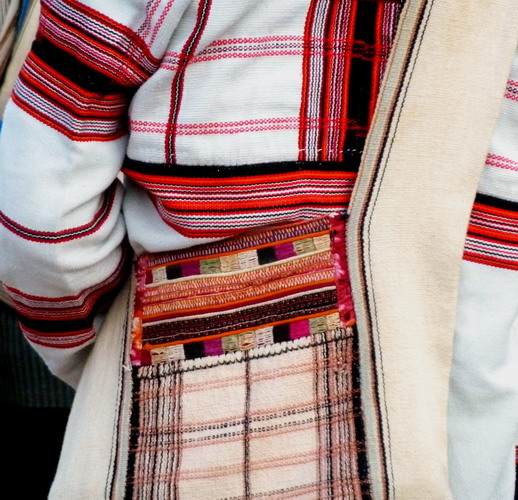
There is very little tea in this particular part of Jinuo Shan now. Old tea trees have been cut down to plant rubber which encroaches relentlessly on more traditional farming areas.

